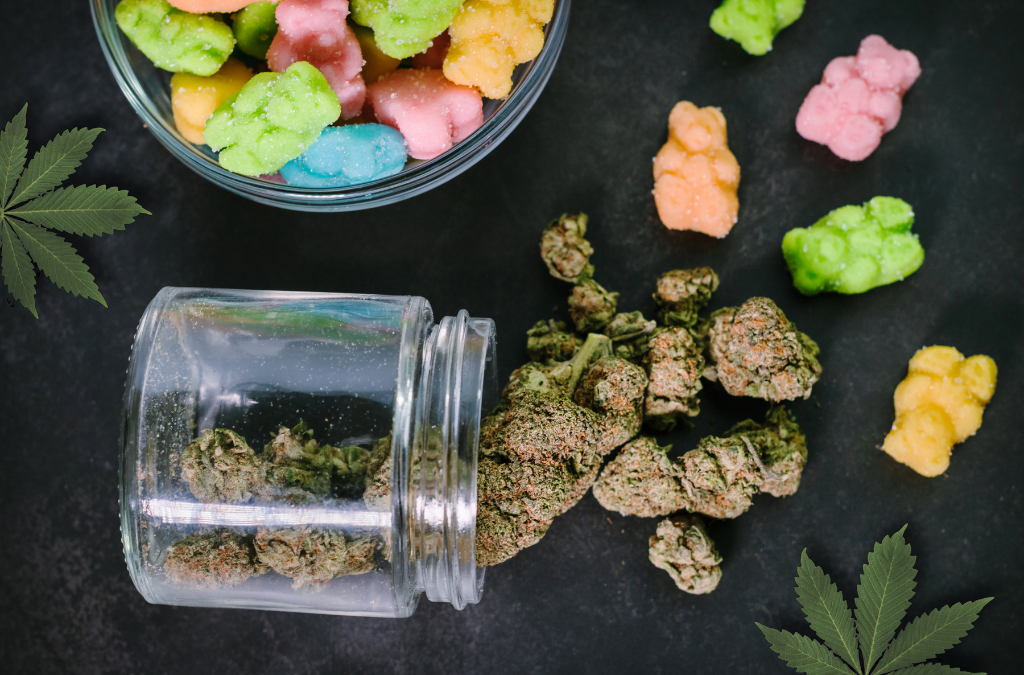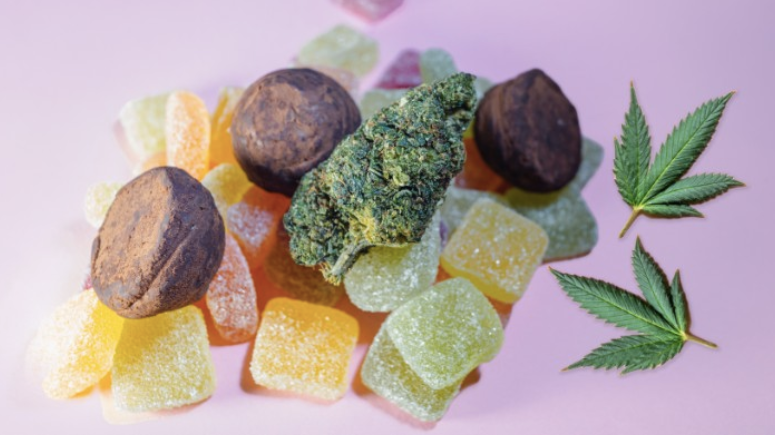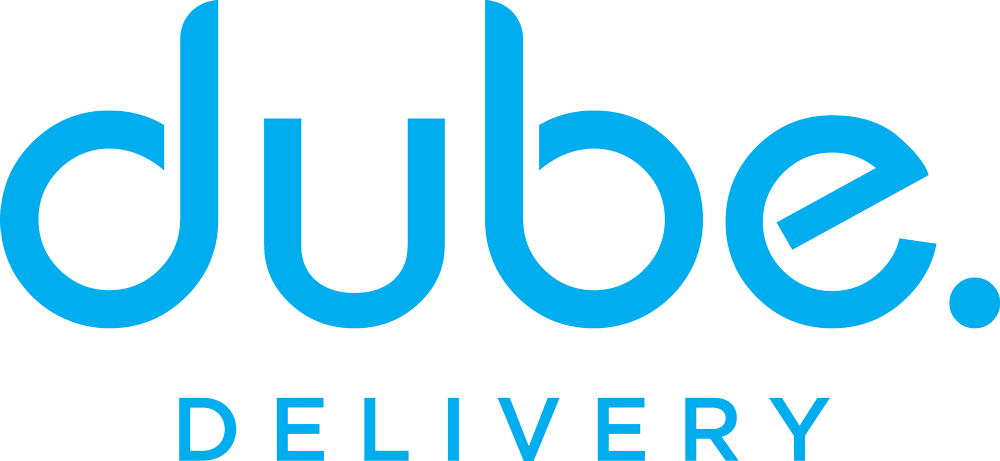
Key Takeaways –
- Cannabis edibles, which come in various forms, offer a unique and intense experience compared to other consumption methods, with effects typically lasting longer.
- The onset time of edibles is influenced by several factors, including dosage, type of edible, individual metabolism, body weight, and tolerance to cannabis.
- Potential side effects of edibles can include anxiety or paranoia for THC edibles and fatigue or changes in appetite for CBD edibles. Overconsumption can lead to more severe effects.
- Safe consumption of edibles involves understanding the product labels, starting with a low dose, and being aware of the potential risks and side effects.
Cannabis edibles have gained significant attention in recent years, offering a unique way to experience the effects of cannabis. However, one of the most common questions among new and experienced users is, “How long do edibles take to kick in?”
Generally speaking, an edible’s effects can take anywhere from 30 minutes to up to two hours before they are felt. The speed of onset is determined by many factors, which we will look at next.
The most significant factor in determining how long an edible will take to kick in is the user’s metabolism. How quickly or slowly a person metabolizes food affects how quickly they will feel the effects of cannabis edibles.
Furthermore, we will explore the nature of edibles, which factors affect their onset time, and what users can expect when they consume these products.
The goal is to provide a comprehensive understanding of how long edibles last and their effects, enabling users to make informed decisions about their use. So, whether you’re new to the world of cannabis or a seasoned user looking for more information, this article is for you.

Understanding Edibles
Edibles, a term commonly used in the cannabis industry, refers to FOOD or DRINK products infused with cannabis extracts. They come in an impressive array of forms, from the ever-popular brownies and gummies to more unique offerings like infused beverages and even savoury snacks.
Active Ingredients in Edibles
The primary active ingredients in these edibles are Tetrahydrocannabinol (THC) and Cannabidiol (CBD). THC, the most well-known compound in cannabis, is responsible for the psychoactive effects or the ‘high’ associated with cannabis use [1].
On the other hand, CBD (a non-psychoactive compound) is often lauded for its potential therapeutic benefits, including PAIN RELIEF and anxiety reduction.
Understanding the presence and ratio of these two compounds in edibles is crucial as it can significantly influence the user’s experience.
How Long Do Edibles Take to Kick In?
Factors Affecting The Onset Time
The onset time of edibles, or how long they take to kick in, is influenced by several factors.
These include the dosage (how much you consume), the type of edible (whether it’s a gummy or a brownie, for instance), individual metabolism rates, body weight, and a person’s tolerance to cannabis.
It’s important to note that these factors can significantly affect the time it takes for the effects of edibles to be felt.
Comparison with Smoking or Vaping Cannabis
Compared to smoking or VAPING cannabis, edibles have a notably different onset time. While the effects of smoking or vaping are typically felt within minutes, edibles require more time (often between 30 minutes to 2 hours) due to digestion and ABSORPTION PROCESS.
This difference makes edibles a unique (and, for many, a preferred) method of cannabis consumption, but it also underscores the importance of patience and careful dosage when using these products.
Effects of Edibles
Intensity and Duration Of The High
The effects of edibles are often described as more intense and LONGER-LASTING compared to other forms of cannabis consumption. The ‘high’ from edibles can last several hours, providing a sustained experience that many users find uniquely appealing.
However, the intensity and duration of this high can vary based on factors such as the amount of THC in the edible and the individual’s tolerance level.
Potential Side Effects of Edible Cannabis
While edibles offer numerous benefits, it’s important to be aware of potential side effects [2]. These can vary depending on whether you choose edible THC or CBD:
THC Edibles:
- Feelings of anxiety: Some individuals may experience heightened anxiety or stress levels after consuming THC edibles, especially in higher doses.
- Paranoia: In some cases, particularly with high doses, users may experience feelings of paranoia.
CBD Edibles:
- Fatigue: Some users may feel unusually tired or fatigued after consuming CBD edibles.
- Changes in appetite: CBD edibles may cause changes in appetite, which could lead to weight gain or loss in some individuals.
Remember, as with any form of cannabis consumption; it’s crucial to start with a low dose, especially for those new to edibles, and gradually increase the dose as needed. This approach ensures the safest and most enjoyable experience possible.
Safe Consumption of Edibles
Dosage Recommendations
When it comes to consuming cannabis-infused edibles, safety should be the top priority. For dosage, it’s generally recommended to start with a LOW AMOUNT, particularly for those new to edibles.
For THC edibles, this might mean starting with a dose as low as 5 milligrams, while for CBD edibles, a starting dose might be around 10 milligrams. Gradually increasing the dose allows for a safer and more controlled experience.
Risks of Overconsumption
However, it’s also crucial to understand the risks of overconsumption. Consuming too much can lead to unpleasant effects, often called “greening out” or a cannabis overdose. Symptoms can include anxiety, paranoia, and in extreme cases, hallucinations.
Importance of Reading Labels
Lastly, one of the most important aspects of safe edible consumption is reading and understanding the product labels. These labels provide vital information about the THC or CBD content per serving.
It’s essential to note whether the serving size refers to the entire product or only a portion. This understanding can help prevent accidental overconsumption and ensure a more enjoyable experience.
Remember, when it comes to edibles, the motto “start low and go slow” is the best approach.
Advantages of Edibles Over Smoking
Consuming edibles over other forms of cannabis can offer several advantages. Let’s delve into these benefits:
Health Benefits of Edibles
Edibles offer several health advantages over smoking cannabis.
Safer for Respiratory Health
From a health perspective, edibles eliminate the respiratory risks associated with smoking. When you smoke cannabis, you inhale a mixture of compounds that can harm your lungs. This includes carcinogens and tar, which can lead to respiratory issues over time.
Edibles, on the other hand, are ingested and processed through your digestive system, bypassing your lungs entirely. This makes them a safer option for those concerned about lung health.
Longer Lasting Effects
Additionally, the effects of edibles tend to last longer than smoking. When you smoke cannabis, the effects are almost immediate but tend to wear off within a few hours.
Edibles, however, take longer to kick in as they need to be digested first. But once they do, the effects can last anywhere from 6 to 8 hours, sometimes even longer.
This prolonged experience can benefit medical cannabis users seeking long-lasting relief from symptoms like chronic pain or insomnia.
Accessibility and Variety of Edibles
In terms of accessibility, edibles also have the upper hand.
Wide Range of Products
Edibles come in various products, from gummies and chocolates to beverages and baked goods. This variety makes it easy for users to find a product that suits their preferences and dietary restrictions.
Furthermore, as the cannabis industry continues to grow, so does the selection of edibles, making them more readily available in dispensaries and online shops.
Discretion of Using Edibles
Edibles offer a level of discretion that smoking cannabis doesn’t.
Discreet Consumption
Consuming an edible is a discreet activity, lacking the distinct smell of smoking cannabis. This makes edibles a convenient choice for those who prefer to keep their cannabis consumption private.
Whether at a social gathering or simply going about your day, edibles allow you to enjoy the benefits of cannabis without drawing attention.
Frequently Asked Questions
Can Edibles Be Homemade? If So, How?
Absolutely, edibles can indeed be homemade. The process typically involves infusing cannabis into a fat-based ingredient such as butter or oil, which can be used in various recipes. The first step is to decarboxylate the cannabis, which involves heating it to activate the THC or CBD.
This decarboxylated cannabis is then combined with the fat-based ingredient and heated gently to infuse it. The resulting cannabis-infused butter or oil can be used instead of regular butter or oil in recipes to create homemade edibles.
How Should Edibles Be Stored For Freshness And Safety?
Edibles should be stored like any other food product to maintain their freshness. This often means keeping them in a cool, dark place and in an airtight container to prevent exposure to air and moisture.
Some edibles may require refrigeration, so it’s important to follow any storage instructions provided on the packaging. For safety, edibles should be stored outside of the reach of children and pets.
Are Edibles Safe For First-Time Cannabis Users?
Edibles can be safe for first-time cannabis users, but they should be consumed cautiously. Because edibles are ingested and processed by the body differently than inhaled cannabis, the effects can be more intense and longer-lasting.
First-time users should start with a low dose (such as 5mg of THC or less) and wait at least two hours before consuming more to gauge their reaction.
It’s also recommended to consume edibles in a safe, comfortable environment and, if possible, with someone who has experience with them.
Conclusion
In conclusion, cannabis edibles offer a unique and versatile way to experience the effects of cannabis. While the onset time is longer than smoking or vaping, the effects are typically more intense and longer-lasting.
Various factors can influence the onset time and effects, including the type of edible, the dosage, and individual characteristics like metabolism and tolerance.
While edibles have their advantages, such as no respiratory risks and discretion, it’s crucial to consume them responsibly.
Understanding the product labels, starting with a low dose, and being aware of the potential side effects can ensure a safe and enjoyable experience with edibles. Whether you’re a first-time user or a seasoned cannabis consumer, edibles offer a unique way to explore the world of cannabis.
Sources –
- Daniel Gadsden Barrus, Capogrossi K, Cates S, et al. Tasty THC: Promises and Challenges of Cannabis Edibles. Published online November 15, 2016. doi: https://doi.org/10.3768/rtipress.2016.op.0035.1611
Marijuana Edibles: Risks, Dangers & Effects of Edibles. American Addiction Centers. Published December 13, 2022. Accessed July 4, 2023. https://americanaddictioncenters.org/marijuana-rehab/risks-of-edibles
